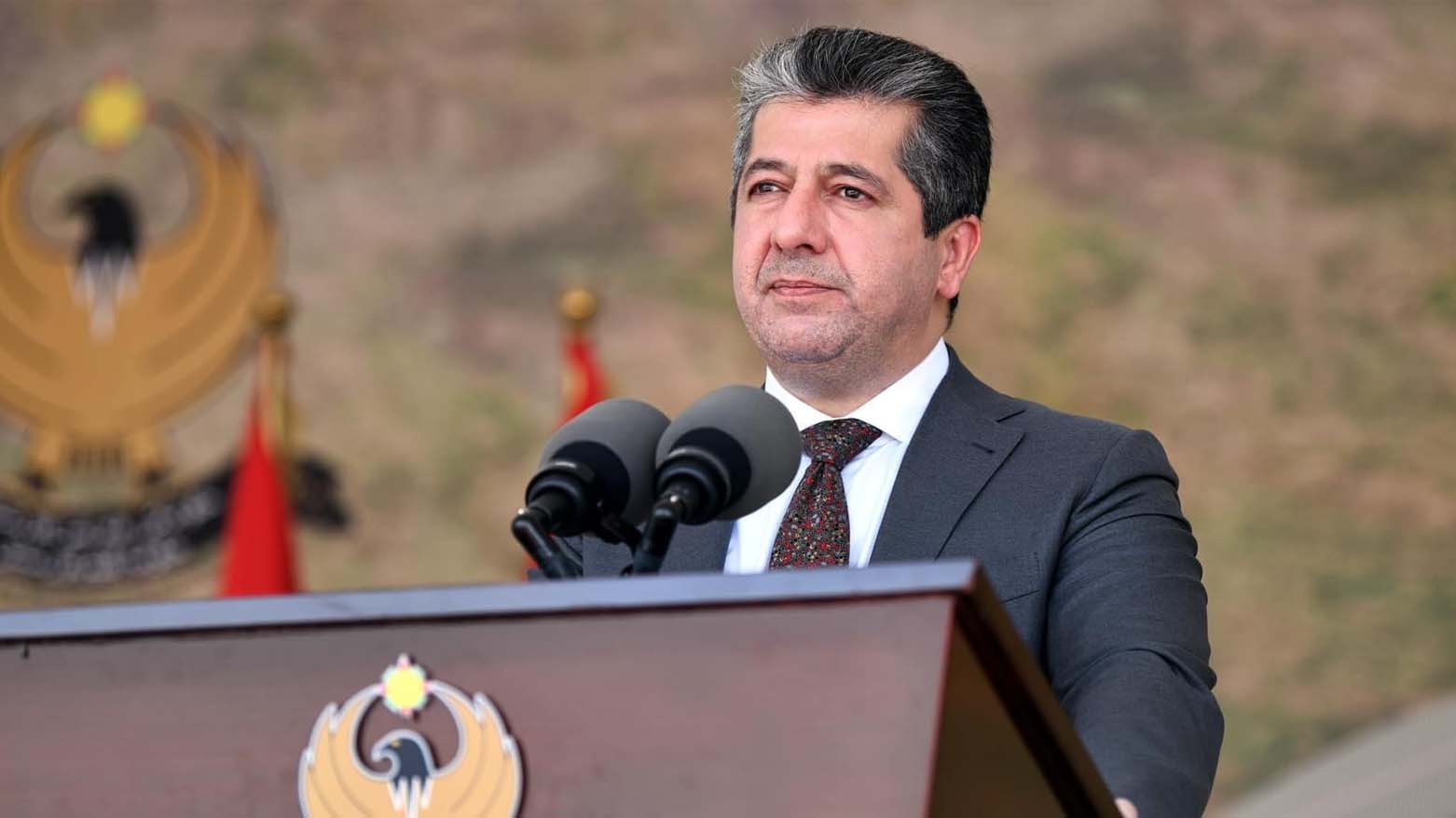Referendum day symbolizes ‘triumph of a nation’s will’, says PM Barzani

ERBIL (Kurdistan 24) – Kurdistan Region Prime Minister Masrour Barzani on Monday said the Kurdish region’s independence referendum in 2017 was the ‘triumph of a nation’s will’.
Barzani’s tweet comes on the sixth anniversary of the Region’s independence referendum, in which the nation overwhelmingly voted in favor of independence on Sept. 25, 2017.
“Today symbolizes the triumph of a nation’s will,” Barzani wrote in a post on the X platform, formerly Twitter.
Today symbolizes the triumph of a nation’s will -mb.
— Masrour Barzani (@masrourbarzani) September 25, 2023
The triumph was against the "injustice and oppression" being committed against the Kurdish people, Prime Minister Barzani said in a speech at the inauguration of Project Bloom in Erbil. The remains of the injustice still exist, he added.
"There are still people and entities that believe the Kurdish people should be punished simply for expressing their will to achieve a right," the premier said, referring to the self-determination right that other nations are entitled to while the Kurds are deprived of it.
The premier said every effort has been made to make sure that Kurdish people live a dignified life and protect coexistence.
Barzani recalled a conversation that he had recently had in Baghdad, where he was asked by an individual whether the Kurdistan Region was committed to Iraq as a country.
"It depends on your behavior," Barzani said in response, adding, "Loyalty and commitment to a country cannot be gained through intimidation, starvation, terror, and hatred."
"Equality, justice, and love should be the basis of coexistence of nations within a country," Barzani said, reiterating the Region is committed to the mentioned principles.
The referendum turnout was 72 percent, according to Kurdish election body figures. 400 international electoral observers monitored the process.
In addition to the Kurdish-majority population, a considerable number of Arabs, Turkmen, Assyrians, and other ethnic and religious components took part in the referendum both in the Kurdistan Region as well as in the disputed territories between Baghdad and Erbil.
The polls came as the three-year-long fight against ISIS was waning.
The Peshmerga forces, under the leadership of former President of Kurdistan Region Masoud Barzani and international support from Coalition forces, were able to defeat the terror group and recaptured much of the territories lost to the extremists when Iraqi soldiers withdrew in 2014.
Kurdish leadership has publicly declared that the referendum was not intended to lead to an immediate succession from Iraq, rather, it was a democratic means to express the nation’s will.
The assurances did not stop the Iraqi authorities from launching a widespread military offensive on the areas contested by both governments in mid-October 2017, as a result of which, a significant number of Kurdish people were displaced in the the areas. Some of the civilian properties belonging to Kurdish people were set ablaze by the forces, including Iranian-backed Iraqi militias.
